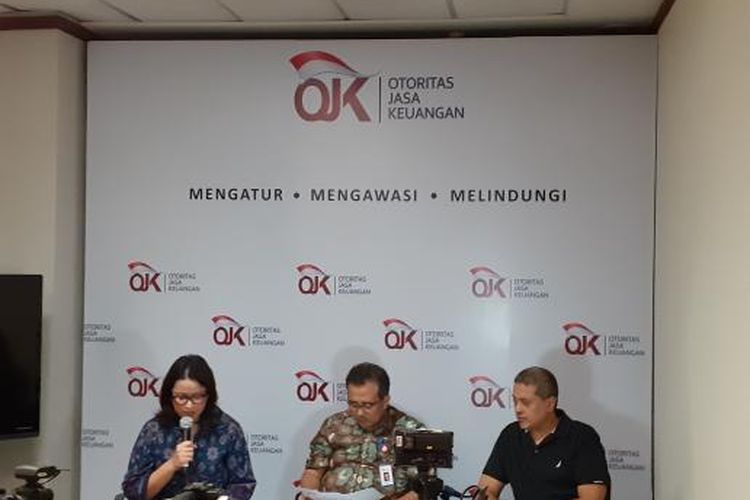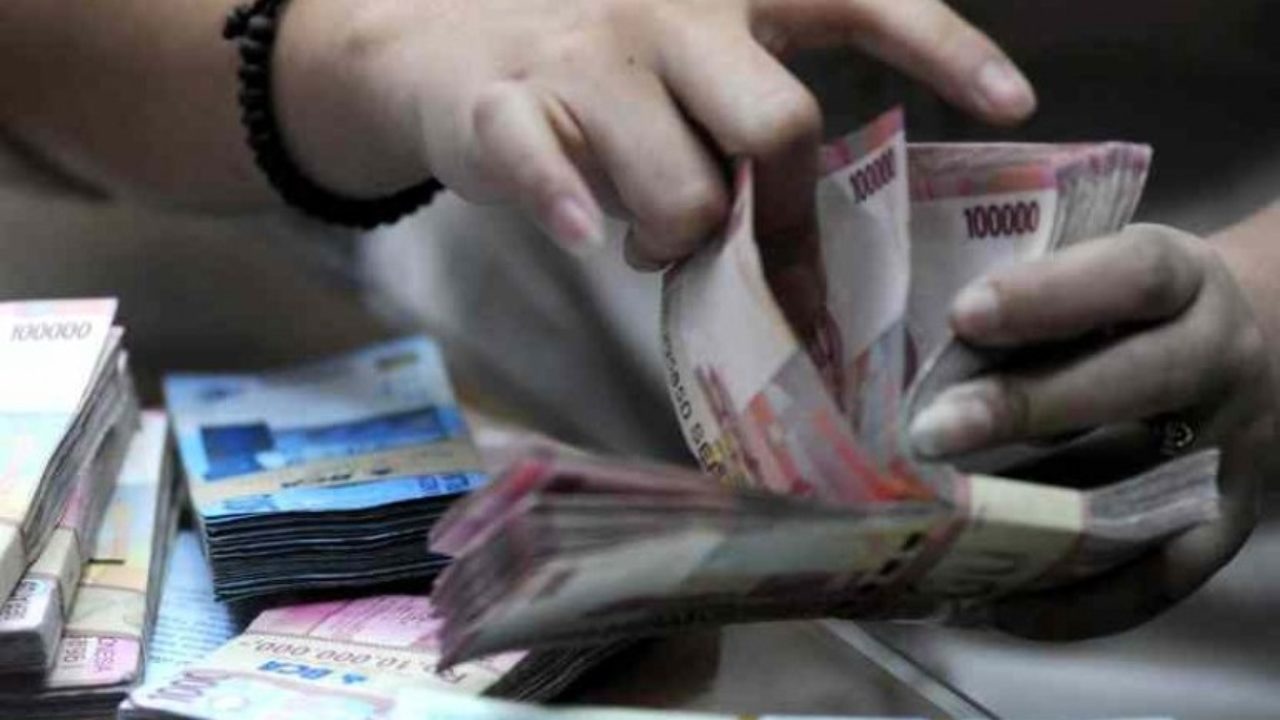

- From our Sponsors -
The global economic slowdown, driven by Brexit uncertainties and US-China trade frictions, was expected to continue affecting Indonesia’s financial market.
As investments and exports plunged, Indonesia’s GDP grew 5.02 percent in the third quarter, the slowest in more than two years.
To boost liquidity in the banking system, Bank Indonesia decided to lower the average primary reserve requirement (GWM) – the minimum amount of bank liquidity held by the central bank – by 50 bps.

After four interest rate cuts of 100 basis points in total since July, Bank Indonesia maintained its seven-day reverse repo rate at 5 percent last week.
"Loan growth slowed due to a 4 percent contraction in the mining sector. The lower commodity prices had adversely affected mining companies’ financial performances, weakening their credit demand as a result,” OJK deputy commissioner for banking supervision Slamet Edy Purnomo said.
- From our Sponsors -